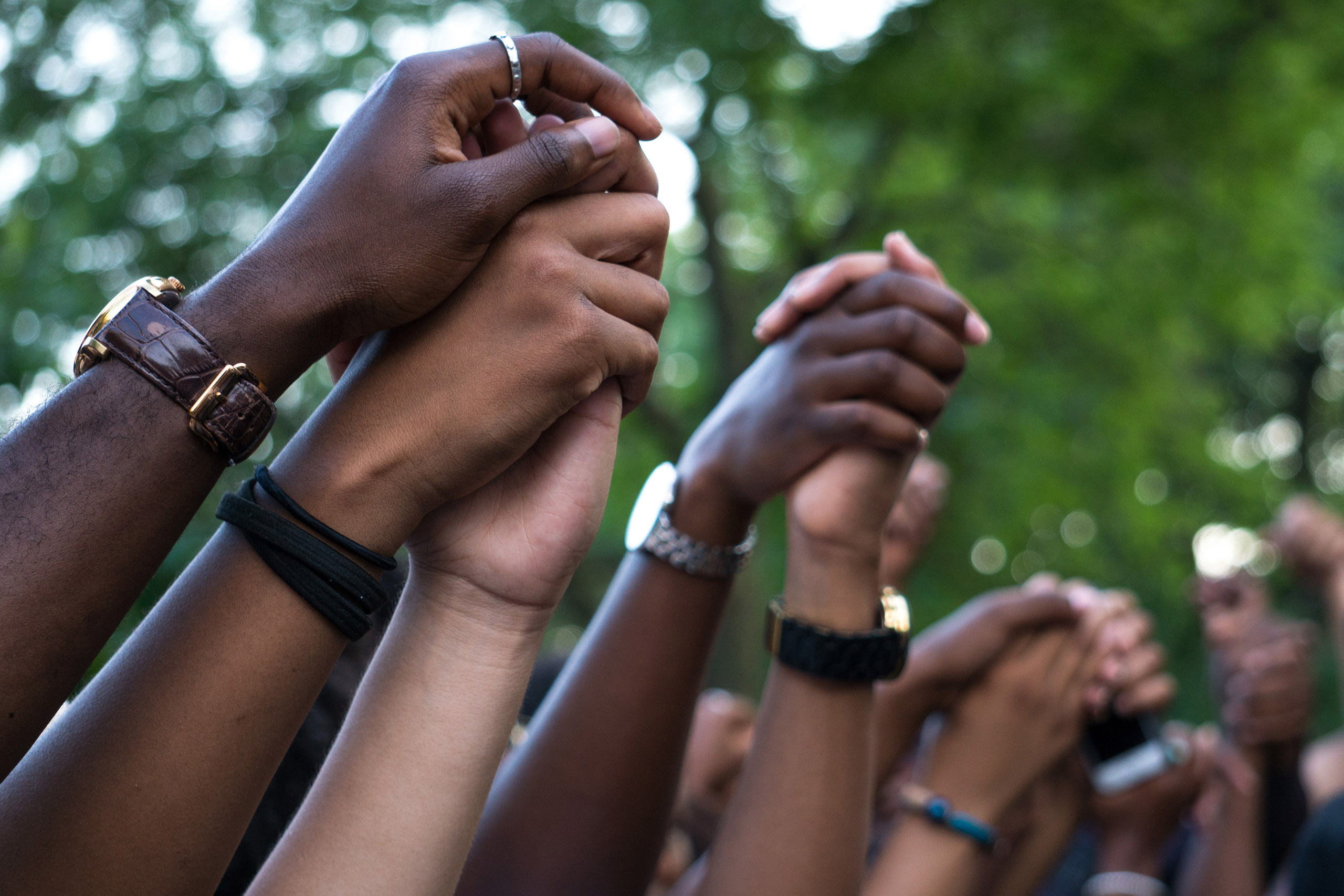
As companies try to address racism, a generic response is no longer enough
Where a simple statement might once have been enough, companies that don’t match actions to words aren’t cutting it anymore for consumers, according to Associate Professor of Management and Entrepreneurship Jonathan Bundy.
Where a simple statement might once have been enough, companies that don’t match actions to words aren’t cutting it anymore for consumers.
In this story published in Fast Company on Aug. 3, 2020:
What we are seeing is that, after years of tolerating companies making weak pledges and looking the other way, the public has raised the bar for what constitutes an acceptable corporate response to racial injustice. It is no longer enough to issue a boilerplate statement and move on — companies must engage directly and authentically with the issue and own their past failures to be taken seriously. A response that falls short of expectations can prompt a swift backlash, threatening the reputation a brand has spent decades building.
– Associate Professor of Management and Entrepreneurship Jonathan Bundy
Latest news
- Gifts that give back
This holiday season, give gifts that stand out — and support the Sun Devil community — from…
- Who is the new Brazilian owner of Hickman's Family Farms?
The sale of Arizona's largest egg producer could lead to 15% higher prices due to fewer choices…
- Understanding the Fed’s rate cuts: ASU professor provides insights
Will lower rates impact economic growth? A W. P. Carey finance expert weighs in.